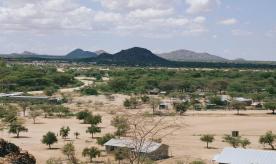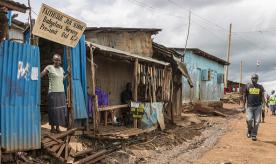Michael Walker
Roles
Researchers
Michael Walker is a Ph.D. student in Economics at the University of California, Berkeley. He received his B.A. in Economics with Honors and Distinction from Stanford University in 2009. He has previously been a Research Associate and Assitant Economist at the Federal Reserve Bank of New York, and Research Assistant to Professor Edward Miguel at Berkeley.





